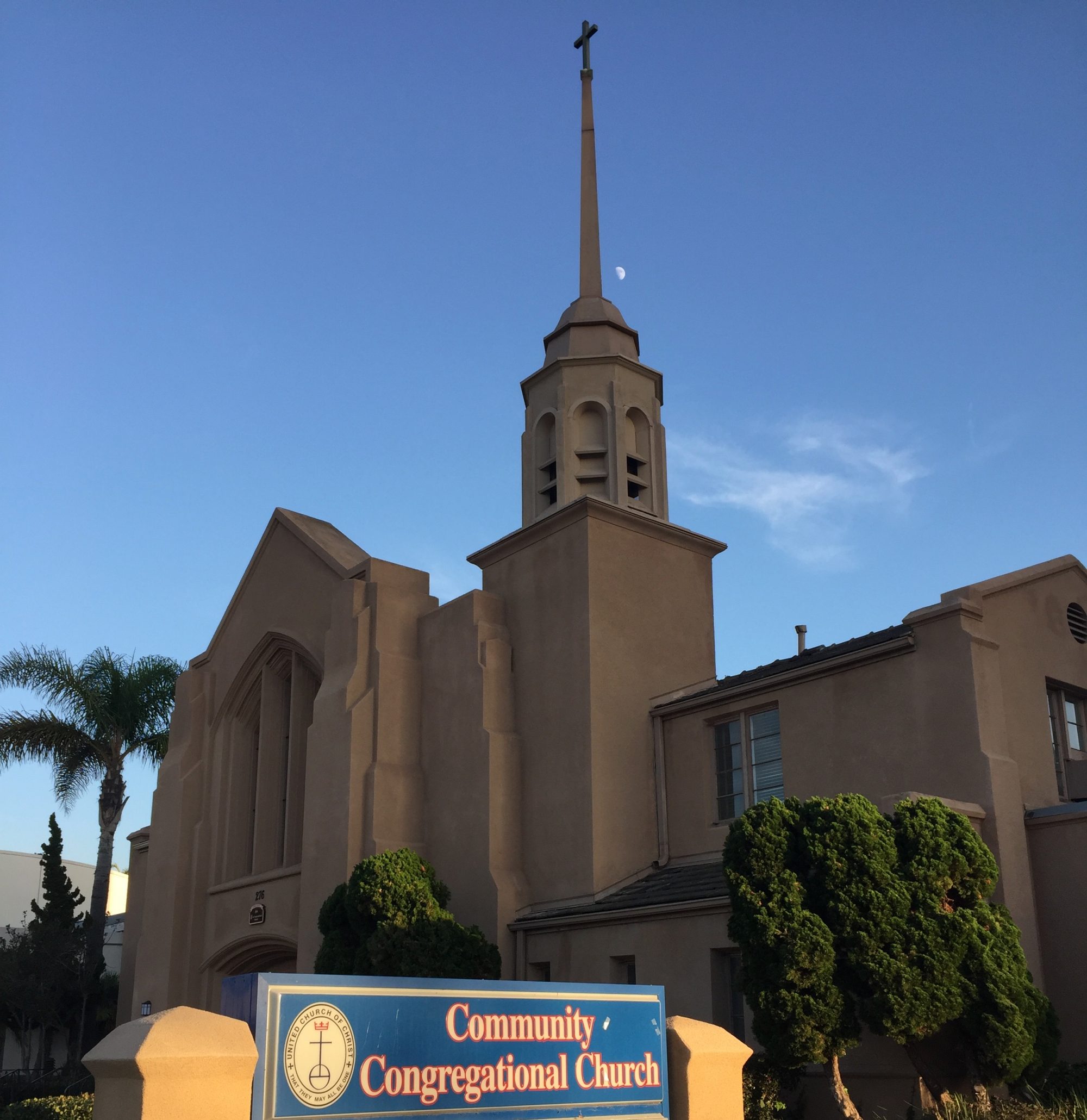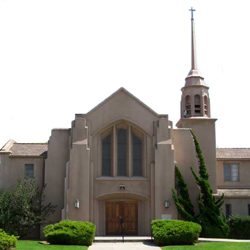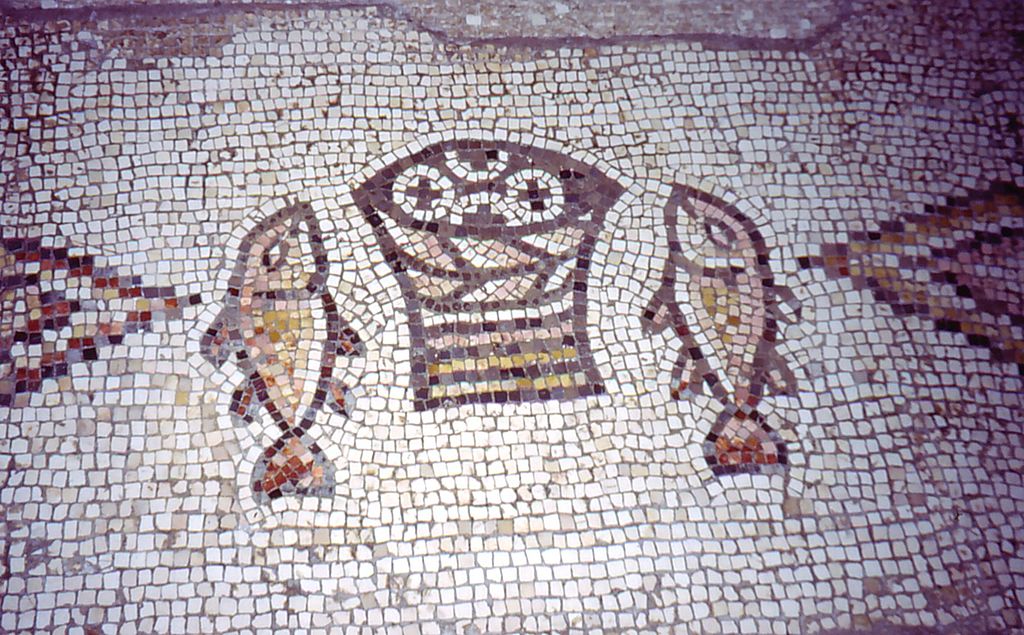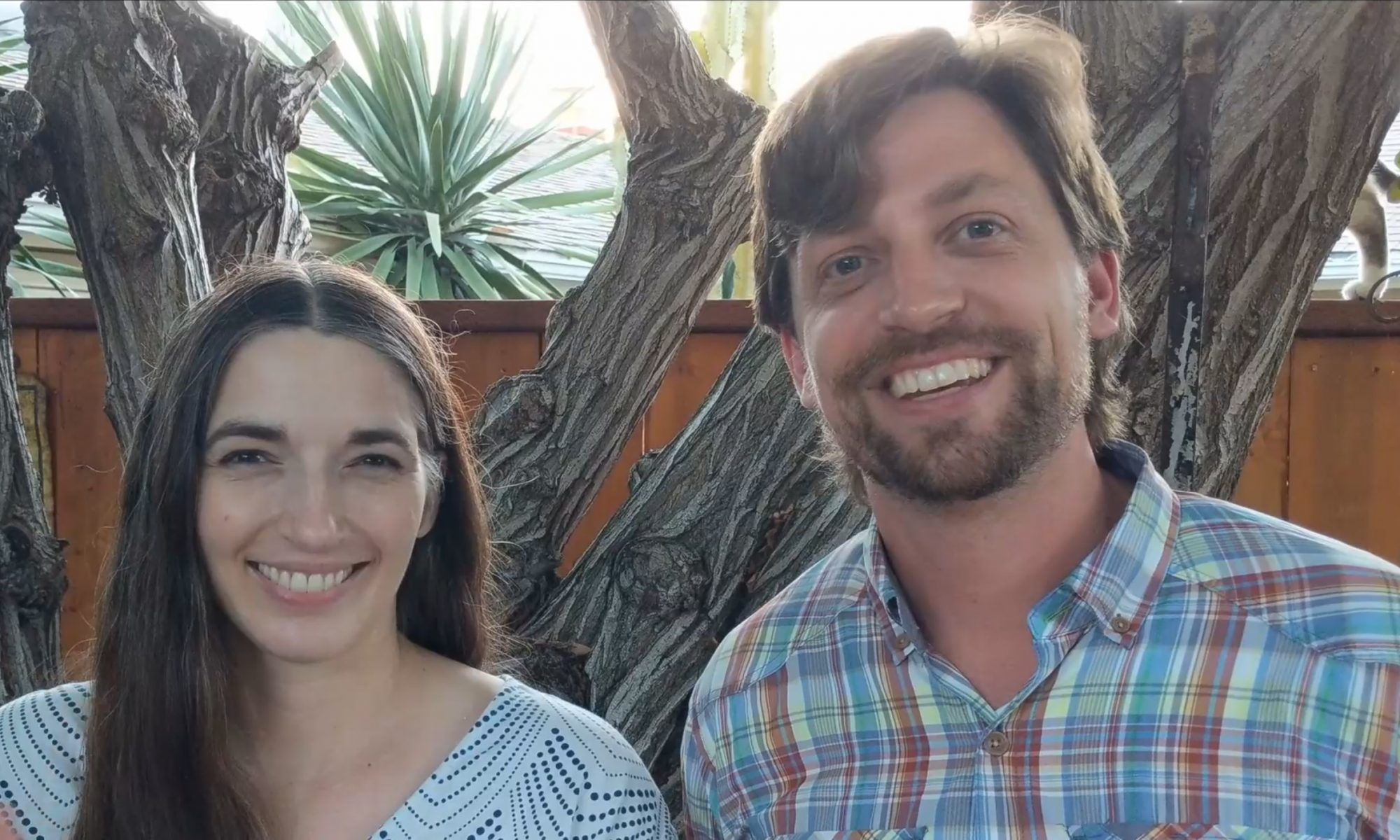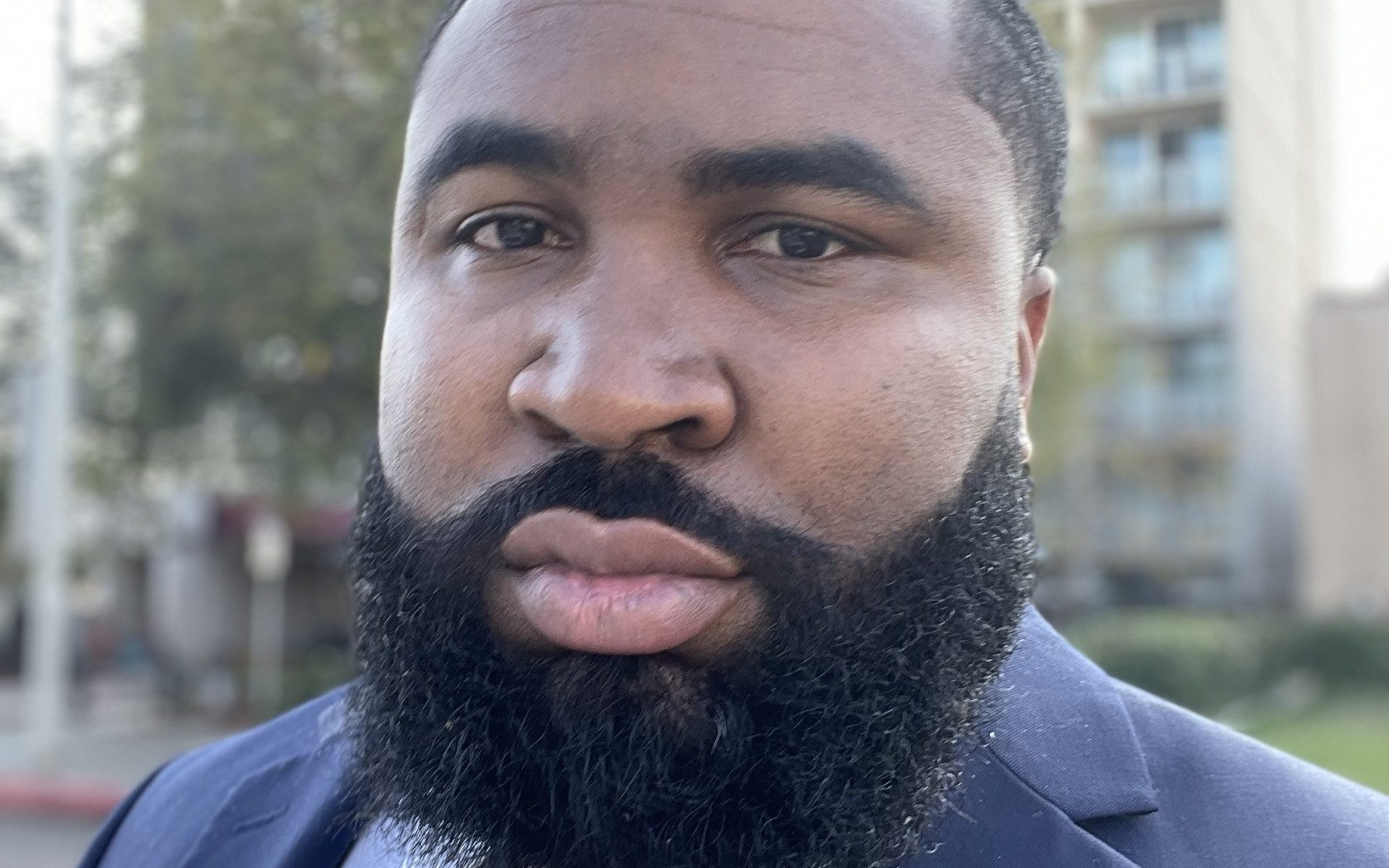Dear CCCV Friends in Christ,
Blessings to you on this day! You are welcome to join us for worship on Sunday at 9:30 AM. Below are your worship materials and link to the video.
Order of Worship for August 9, 2020
Tenth Sunday After Pentecost
On-line Worship Service
Community Congregational Church, UCC
P.O. Box 5574 Chula Vista, CA 91912
www.chulavistachurch.com
Call To Worship (Based on Psalm 105: 1-5)
Pastor: Let us give thanks to the Lord, call on His name, and make His deeds known to all the people!
People: We will sing to Him, sing praises to Him and tell others of His wonderful works!
Pastor: Glory in His holy name; let the hearts of those who seek the Lord rejoice!
People: We will seek the Lord and His strength; seek His presence continually.
All: May we remember the wonderful works which He has done! Let us praise the Lord! Amen!
Prayer of Invocation (In Unison)
God of blessings and miracles, we rejoice that we can worship you once again, just as we are and wherever we are! We aim to glorify you and sing praises to your holy name! May we learn from the story of Jesus’ invitation to Peter, to walk on the water with You. Fill us, O Holy Spirit, with your presence and strength so that we be equipped to be your faithful disciples now and always, Amen.
Hymn of Praise “Trust and Obey” (Red #454; Vrs. 1,2, and 4)
When we walk with the Lord in the light of His word,
What a glory He sheds on our way!
While we do His good will,
He abides with us still,
and with all who will trust and obey.
(Refrain)
Trust and obey, for there is no other way
To be happy in Jesus but to trust and obey.
Not a shadow can rise, not a cloud in the skies,
But His smile quickly drives it away;
Not a doubt or a fear, not a sigh, or a tear,
Can remain when we trust and obey.
(Refrain)
Then in fellowship sweet we will sit at His feet,
Or we’ll walk by His side on the way;
Where He sends we will go, where He sends we will go,
Never fear, only trust and obey.
Pastoral Prayer and Lord’s Prayer
Scripture Reading Matthew 14: 22-33
Jesus Walks on the Water
22 Immediately he made the disciples get into the boat and go on ahead to the other side, while he dismissed the crowds. 23 And after he had dismissed the crowds, he went up the mountain by himself to pray. When evening came, he was there alone, 24 but by this time the boat, battered by the waves, was far from the land, for the wind was against them. 25 And early in the morning he came walking toward them on the sea. 26 But when the disciples saw him walking on the sea, they were terrified, saying, “It is a ghost!” And they cried out in fear. 27 But immediately Jesus spoke to them and said, “Take heart, it is I; do not be afraid.”
28 Peter answered him, “Lord, if it is you, command me to come to you on the water.” 29 He said, “Come.” So Peter got out of the boat, started walking on the water, and came toward Jesus. 30 But when he noticed the strong wind, he became frightened, and beginning to sink, he cried out, “Lord, save me!” 31 Jesus immediately reached out his hand and caught him, saying to him, “You of little faith, why did you doubt?” 32 When they got into the boat, the wind ceased. 33 And those in the boat worshiped him, saying, “Truly you are the Son of God.”
Special Music
Sermon “Truth or Dare: Walking on Water with Jesus”
Closing Hymn “Tis So Sweet to Trust in Jesus” (Red, #91; Vrs. 1, 2, and 4)
‘Tis so sweet to trust in Jesus, just to take Him at His word,
Just to rest upon His promise,
Just to know, “dost saith the Lord.”
(Refrain)
Jesus, Jesus, how I trust Him!
How I’ve proved him o’er and o’er!
Jesus, Jesus, precious Jesus
All for grace to trust Him more!
How I love to trust in Jesus, just to trust His cleansing blood,
Just in simple faith to plunge me ‘neath the healing, cleansing flood!
(Refrain)
I‘m so glad I learned to trust Him,
precious Jesus, Savior, Friend,
And I know that He is with me,
He’ll be with me to the end.
Announcements
- Make sure you watch worship next Sunday for worship on-line from the sanctuary! (Same time, and same on-line places to watch, but with a whole “new look!”)
- We continue to ask for offerings and pledges to be either sent via regular mail to our P.O. Box 5574 Chula Vista, CA 91912 or electronically through our web page at www.chulavistachurch.com!
Benediction: The Lord bless you and keep you; the Lord make His face shine upon you and be gracious to you, the Lord turn His face toward you and give you His peace. (Numbers 6:24-26)
